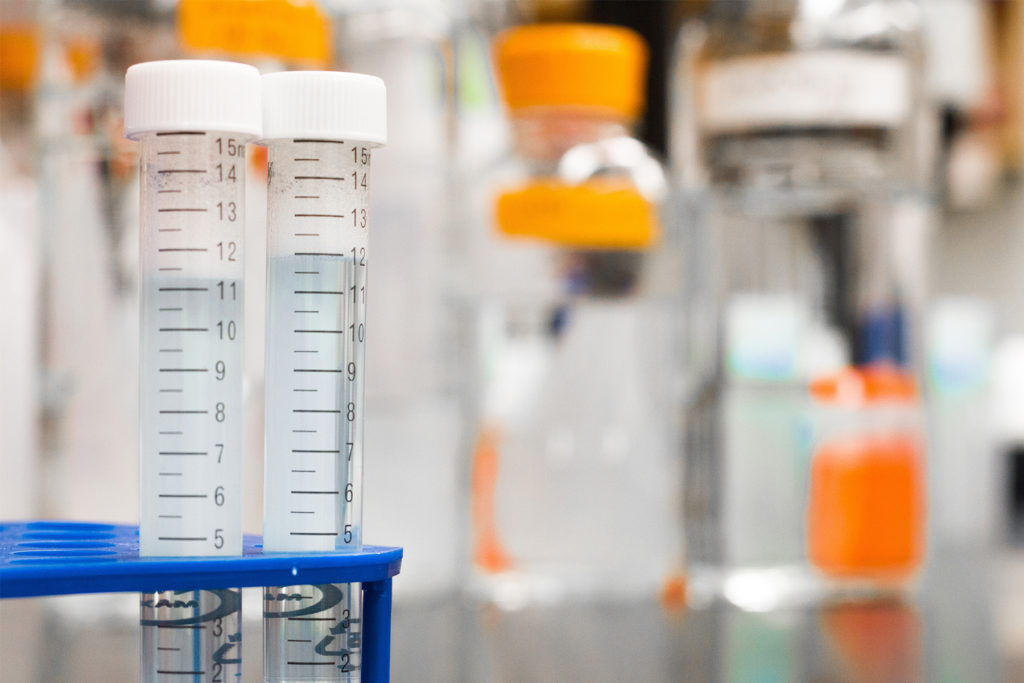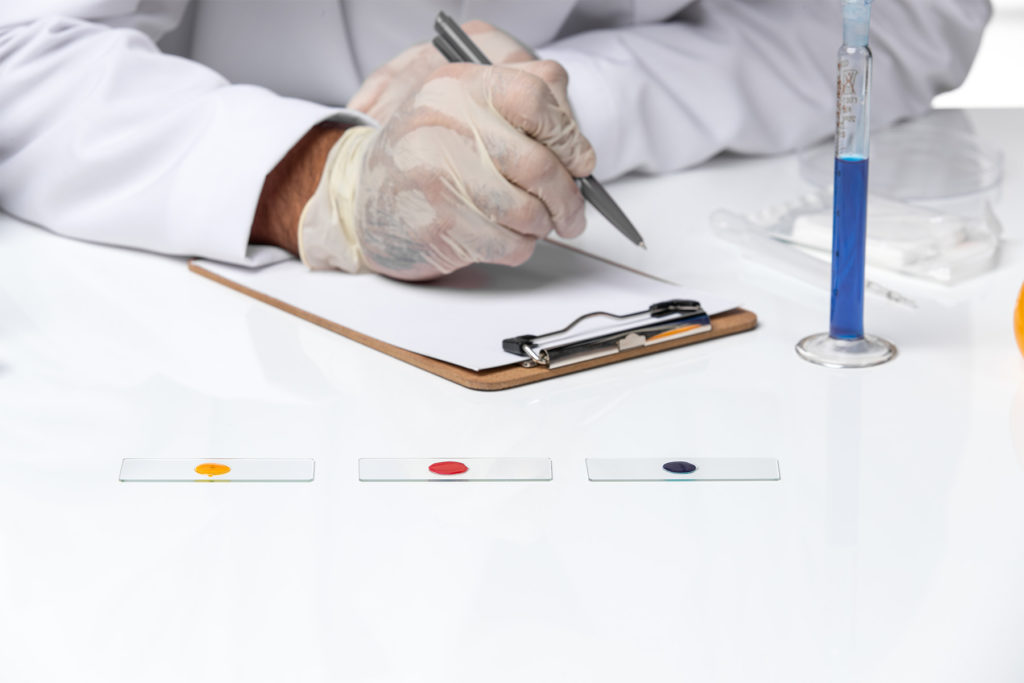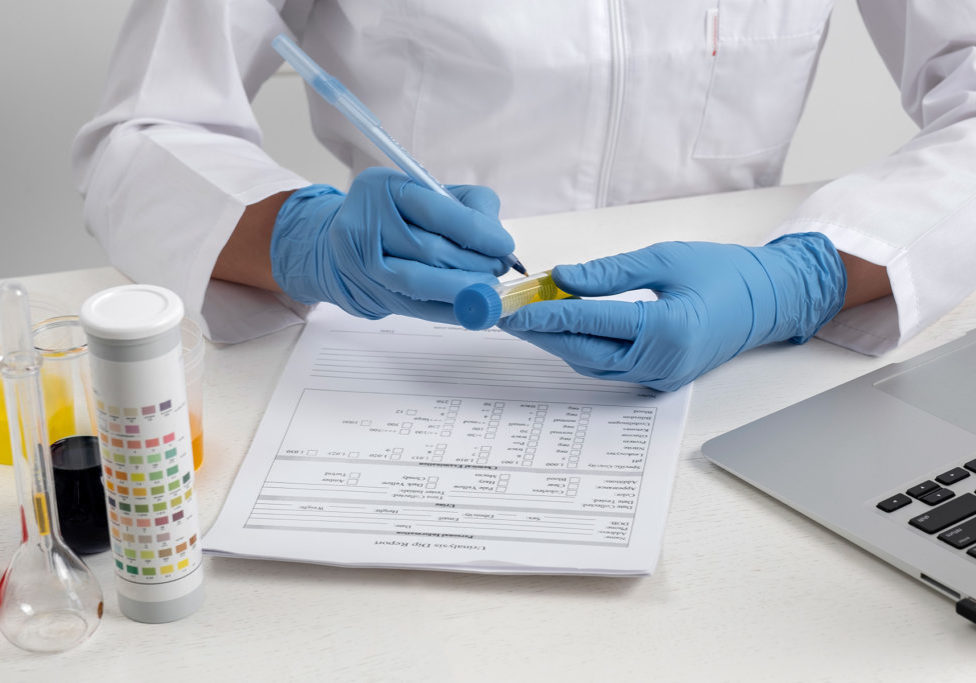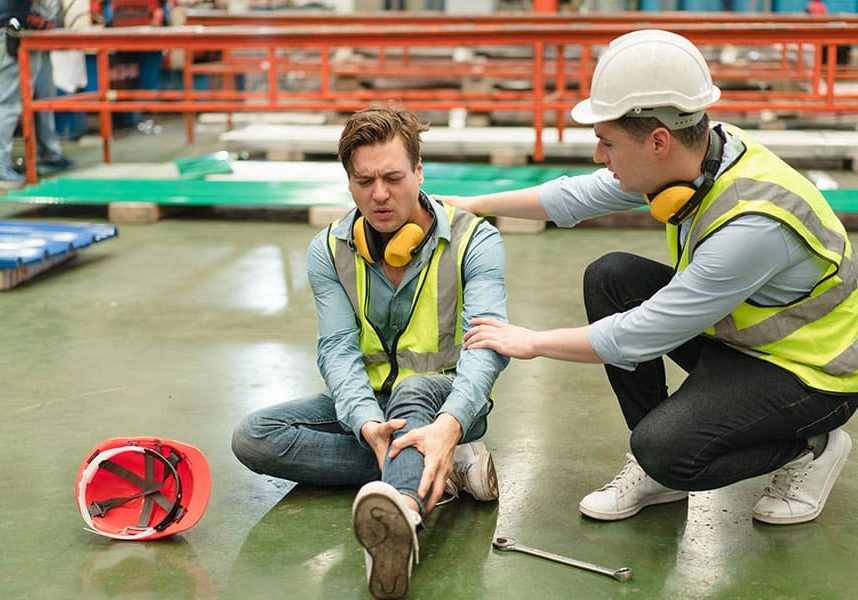You always want to find the best candidate with each hire that you make. When you fail to hire that ideal “needle in a haystack” candidate that Zip Recruiter is always droning on about, it can cause real issues, from undermining company culture to lowering productivity and increasing turnover rates.
Recruiters and HR reps try to identify and eliminate problem hires using tools like applicant tracking systems (ATS), background checks …and workplace drug testing programs.
That last one is an invasive process that is as common as it is unpopular. When you look at the numbers, pre-employment drug tests, while superb at detecting illicit substances, aren’t exactly the best option for weeding out potentially troublesome candidates, especially when there are more effective and affordable options, like integrity testing.
Before we get too far ahead of ourselves, though, let’s take a closer look at what a pre-employment drug test looks like, some of their pros and cons, and what evidence there is for whether or not they work.
What Is a Pre-Employment Drug Test?
As the name implies, a pre-employment drug test checks for certain substances (most of which are illegal) in an individual’s system to gauge their ability to serve in a position within a company.
Each test varies, but usually, they involve a sample of some sort from an individual (most often urine). This is officially tested by a third-party lab, which determines whether or not the candidate has any illicit substances in their system.
Where do Pre-Employment Drug Tests Take Place?
Tests consist of both lab-based and on-site screenings. Sometimes drug tests are a stand-alone part of the hiring process. At other times they’re part of a package deal, like when a doctor orders a drug test during a physical examination to determine a candidate’s ability to perform certain jobs.
What Do Pre-Employment Drug Tests Look For?
It’s easy to understand the overall focus of a drug test, but what exactly do they look for? The answer is a smorgasbord of different substances.
In fact, drug tests can be tailored to check for different sets or “panels” of drugs, from four to 10 and even more. Some of the substances often tested for include common culprits like marijuana and alcohol, as well as cocaine, steroids, amphetamines, and even modern terrors like fentanyl.
Drug testing provider Checkr claims the most commonly used panel is the 5-panel, which only checks for certain illegal or unacceptable drugs, including Phencyclidine (PCP), cocaine, amphetamines, opiates, and cannabinoids (THC).
Who Decides if a Drug Test Is Positive?
Once a candidate has taken a test, their samples are processed, and the results must be reviewed by an official medical review officer (MRO). This is a physician who oversees every aspect of the testing process.
The MRO’s job is to make sure:
- Samples remain unadulterated.
- Proper handling takes place.
- The right steps are taken depending on the results.
MROs are an important part of the drug testing process. They keep things upfront and honest.
What Happens After a Candidate Takes a Test?
In most cases, the results are negative, which is a simple resolution. You’re hired!
When employees test positive, employers should follow procedure and adhere to both federal and state laws in their response. The detection of different substances often requires different responses on both a professional and legal level.
For instance, if alcohol is detected, it may disqualify a candidate from employment, but it shouldn’t imperil them legally speaking. If an illegal substance like fentanyl were discovered, though, it might legally require reporting to local law enforcement.
Can I Refuse to Hire an Employee Who Failed a Drug Test?
Another factor to consider is legal regulations that specifically address positive drug tests in the workplace. Minnesota, for instance, has set limitations on test results. The state doesn’t even allow an employer to withdraw an offer until a confirmatory test has taken place.
Positive test results are never fun for employers and candidates alike. It takes some legwork to sort through what to do in each case, but trust us, the effort is worth it if you want to ensure that you’re hiring honest, ethical candidates.

Okay… So What’s the Purpose of a Pre-Employment Drug Test?
Understanding what a pre-employment drug test is and how it is administered and reviewed is fairly simple. The question is, why is this a necessary part of the hiring process?
Drug tests are invasive and time-consuming, especially when you compare them to using integrity testing at the beginning of the hiring process (rather than ordering a drug test right before your chosen candidate starts in their new position.)
Why are employers like yourself walking around asking someone who doesn’t even work for you yet to provide their urine, blood, hair, spit, and breath to check for drugs in their system?
Well, whether it’s a drug screening or an integrity test, there’s a reason to use these inconveniences in the hiring process, and it’s a doozy.
The Cold Hard Facts About Substance Abuse in America’s Workforce
According to one NORC report by the National Safety Council, nearly one in 11 U.S. workers had struggled with a substance abuse disorder within the past 12 months of being asked. In addition, the bulk of these cases was alcohol-related. The rates also varied widely by industry, from as low as 8% in the healthcare industry to 15.6% in the service sector and even as high as 19% in areas like construction and mining.
There are plenty of other studies where that came from, too. The main takeaway? An uncomfortable number of America’s workers are testing positive for substance abuse.
There are a variety of concerns that this raises – particularly if you’re talking about hiring someone to work in a high-risk or high-pressure workplace environment. When someone is impaired by a mood or behavior-altering substance while on the job, it can lead to an uptick in accidents, breaking more rules and regulations, and a rise in worker’s comp rates, just to name a few.
The Benefits of Pre-Employment Drug Testing
On the flip side, according to background check company Checkr, the benefits that come from using drug tests include:
- Higher safety standards.
- Better regulatory compliance.
- Fewer Workers’ Comp claims and lower rates.
Eliminating substance abuse in the workplace can also lower excessive absenteeism and help boost long-term turnover rates.
In a broader sense, screening for potential drug use also sets the tone from the get-go for your workplace. It deters the future use of drugs on the job (and, by extension, helps to protect the people and assets in that space).
While less “feel good” than the reasons above, there’s the legal side of things, too. Both the federal government and many states also require drug tests for certain jobs – like DOT (the Department of Transportation). In fact, a recent example is the FMCSA (Federal Motor Carrier Safety Administration), which updated its requirements for employers of CDL (commercial driver’s license) drivers regarding pre-employment drug and alcohol background investigations.
But pre-employment drug tests are used for more than just drivers. Employers in industries like manufacturing and healthcare don’t want their employees working while under the influence of drugs or alcohol either.
Pre-employment drug tests are a classic way to help weed out (pun intended) potentially troublesome candidates in the hiring process. It ensures that safety and regulatory rules are followed and helps a company build a strong, honest, and ethical employee base
…at least, that’s the dream.
The purpose of a drug test may be to improve workplace standards, reduce turnover, comply with regulations, and so on. But these are just ideals.
In reality, only 4.6% of drug tests came back positive in 2021 (even though integrity testing reveals twice as many problem candidates early in the screening process.)
So, despite their theoretical benefits, the question still stands. Does using a drug test really help you find the right candidates for your company? (And how can an integrity test improve that process?)
To truly answer that, let’s consider how accurate drug tests are in the first place.

How Accurate Is Pre-Employment Drug Testing?
The quick and easy answer for drug test accuracy is that, well, they’re accurate. In general, you can count on a drug test to pick up drugs in a person’s system as long as you’re within certain parameters.
With that said, some drugs leave the system faster than others. For instance, Concentra lists urine, hair, blood, and saliva as common items that a drug test will use to gauge if an unwelcome substance is present in someone’s system.
However, the occupational health brand adds that urine (which is the most common test) can only detect illicit substances for five to 10 days after use. In comparison, saliva has an even shorter window (around 21 hours or less). Blood is extremely accurate but can only detect illicit substances for a matter of hours, at times even minutes.
Compared to the others, hair is surprisingly helpful. It can detect a substance for as many as 90 days after use. In fact, according to Boston’s Winchester Hospital, hair provides a semi-permanent record of drug use (think like the rings of a tree) that can’t be washed away. More recent drug traces are found nearer to the scalp, with older traces located further out on each strand.
Complications With Using Drug Tests for Employment
Complicating matters is the fact that, at times, substances like pot may linger in someone’s system. And yet, that doesn’t necessarily mean the employee used it on the job. If their test comes back positive, though, you could end up disqualifying a good hire. In many instances these days, this is equivalent to not hiring someone because they drink on the weekends. (For the record, alcohol has a comparatively short testing window, so you won’t catch it as often.)
False positives are also a legitimate (though rare) possibility, complicating the procedure and clouding some of the results. These can occur due to things like OTC drugs in a person’s system – including common-use items, such as cough syrup or painkillers, which, yeah …we’ve all used.
When that happens, a more sensitive test can be used to differentiate between legal and illegal substances in a person’s system, but still, at a certain point, the entire process bogs down and becomes more messy than helpful.
So… Are Pre-Employment Drug Tests Worth It? (Hint: Kind of but Not on Their Own…)
Okay, let’s get to the brass tacks here. Are drug tests reliable tools or not? More importantly, do they help with the hiring process and weeding out potentially troublesome candidates, in particular?
In answer to that question, we can say that, yes, drug tests are helping address an important issue in the workplace. They are helping to filter out high-risk candidates with the potential to display risky and unsafe behaviors on the job.
The already-mentioned Concentra data reports that drug use can increase Workers’ Comp claims by as much as five times. In addition, as much as 50% of all claims are related to workplace substance abuse. Pre-employment drug tests are a legitimate way to help ameliorate that problem.
The Big Asterisk to the Drug Test Question
Drug tests can be a useful hiring tool. But (and this is a big BUT), we’ve got to play the Devil’s advocate for a minute here and ask the hard follow-up question.
Are these tests actually the best option to help you find potentially troublesome or unsafe candidates before they enter your workforce?
The critical answer to that question is not really.
When you break it down, drug screenings just don’t work the way many employers would like them to. In most cases, they’re a perfunctory part of a hiring process that becomes a crap shoot with the potential to disqualify good candidates with false positives and let others into your company on the technicality that they don’t have a recurring substance in their system right when the test is taken.
The former, in particular, is a heartbreaker for recruiters and hiring managers alike. There’s nothing like getting a promising candidate all the way to the end of the hiring process, choosing a start date, and then having to call the whole thing off because the clinic called and – oops – John Doe has meth in his system or Jane Doe’s test came up positive for cocaine.
On the flip side, if a drug test fails to catch a trouble-making candidate, you may not realize the mistake until it’s caused substantial damage. The cost of turnover is high enough at the moment without faulty hiring tools adding to the collateral damage.
How Overt Integrity Testing Can Enhance Your Drug Screening Program
If you see the need for a way to filter out troublesome candidates during your hiring process, but you feel drug tests aren’t enough, there’s another option.
Integrity Testing is an alternative testing tool that gets right to the heart of counterproductive behaviors. Even better, these are easy-to-use, cost-efficient, proactive assessments that ensure you’re starting the hiring process with a qualified pool of employees (rather than wasting time interviewing and assessing candidates who may ultimately fail a drug test).
The Two Critical Attributes of a Million-Dollar Candidate
The way we see it, a good candidate essentially boils down to two critical parts:
- Integrity: Ethics, morality, honesty – these are key soft skills and personality traits that define if a person can be trusted to be an integral part of your team.
- Capability: Skills, experience, intuition – these are what make a person a productive, efficient, and positive member of your team.
You need both of these elements in place if you want to build a team that can go the distance.
Figuring out a candidate’s capabilities is straightforward. It’s comparatively easy to figure out if a person has the hard and soft skills and experience to fulfill a job’s requirements.
The problem is judging integrity. Deciding if someone is an honest and ethical individual takes a little bit more nuance.
This is part of what a drug test helps with. Much like a lie detector, an individual can’t deny the results of a test. As we already pointed out, though, there are some major issues with testing, such as false positives.
An integrity test removes these concerns and even skips the unnecessary focus on candidate behavior. What do we mean by that? Let’s use an example. If someone smokes pot on the weekend, that may not be something that would ever impact their work performance. However, you can’t understand this reality if they test positive using a binary drug test.
Instead, an integrity assessment cuts to the quick, helping you gauge an individual’s proclivities to smoke, drink, lie, and engage in other potentially questionable behavior. IntegrityFirst research has found that integrity screening weeds as much as 8-10% of candidates out of the hiring process – at the beginning of that process.
In comparison, we have drug testing company Quest Diagnostic’s report that drug tests in 2021 caught 4.6% of applicants through pre-employment tests that typically occur at the end of the hiring process. Even if we ignore the potential for false positives and catching unrelated behavior that doesn’t impact an individual’s professional behavior, the number is still less than half of the effectiveness of integrity testing.
When you use the two tests together, the results become dynamic. You can sift red-flag candidates out of the hiring process from the get-go and then follow up with a final drug test, reducing the level of bad-apple-hires to near nil.

Drug Testing in 2023 (Just One Piece of the Puzzle)
When you put it all together, pre-employment drug tests aren’t bad. In fact, they can be an effective part of your hiring process.
But don’t stop there…
Integrity testing is a critical additional piece of the puzzle that you want to add to your recruitment toolkit. It is far more effective at catching people who believe working high or drinking on the job are acceptable behaviors.
The proactive nature of integrity tests (as opposed to post-job-offer drug tests) also reduces false starts who fizzle at the end of the hiring process. The results go even further than your company’s recruitment efforts, too.
Setting up an effective ethical filter for job candidates, like integrity testing, can make your workplace safer and reduce injuries and Worker’s Comp claims, too. In fact, a Cooper, Slaughter, and Gilliland’s study of two different companies using this ethically-focused approach to hiring found that the businesses saw between a 734% and 866% return on investment when gauged against workers’ comp claim rates and their associated costs.
If you’re looking for ways to truly reduce troublesome hires, go further than a simple pre-employment drug test. IntegrityFirst has been perfecting its integrity assessments since 1979 and has over forty years of proven improvement in the hiring process. It’s a proven tool that can take the concept of drug testing to the next level, helping you build a stronger workforce in the process, a workforce that is defined by its high loyalty, low turnover, and excellent integrity.











